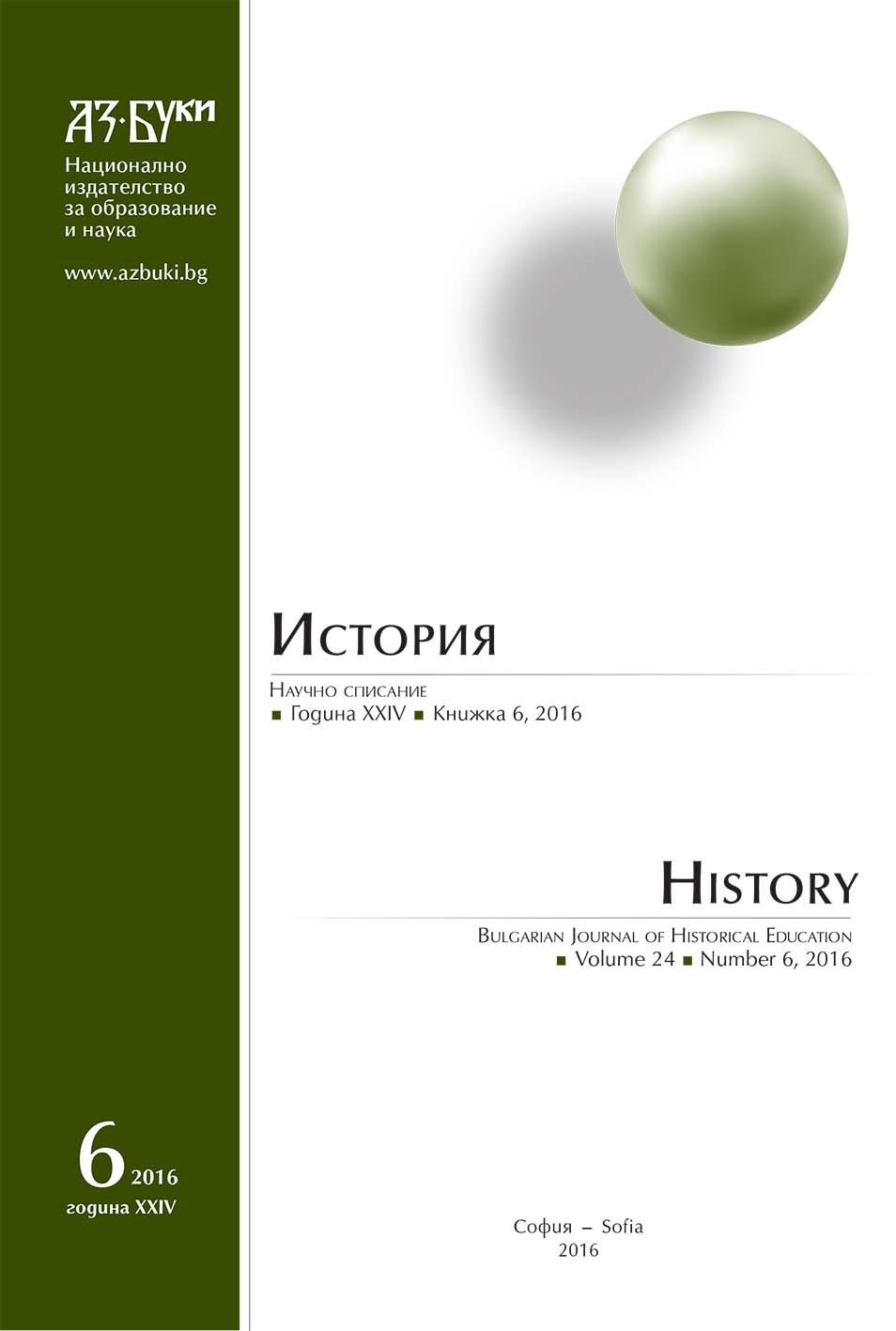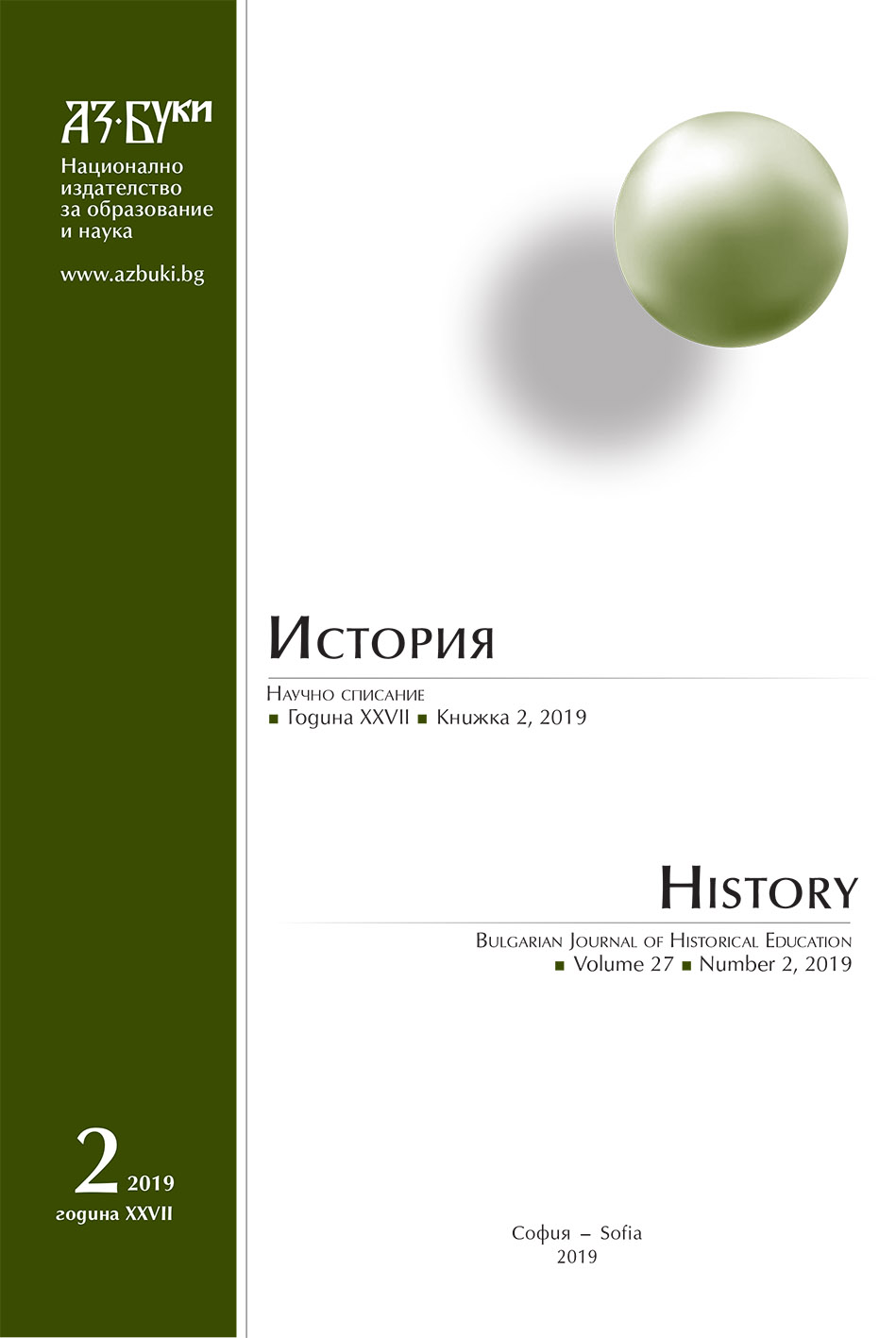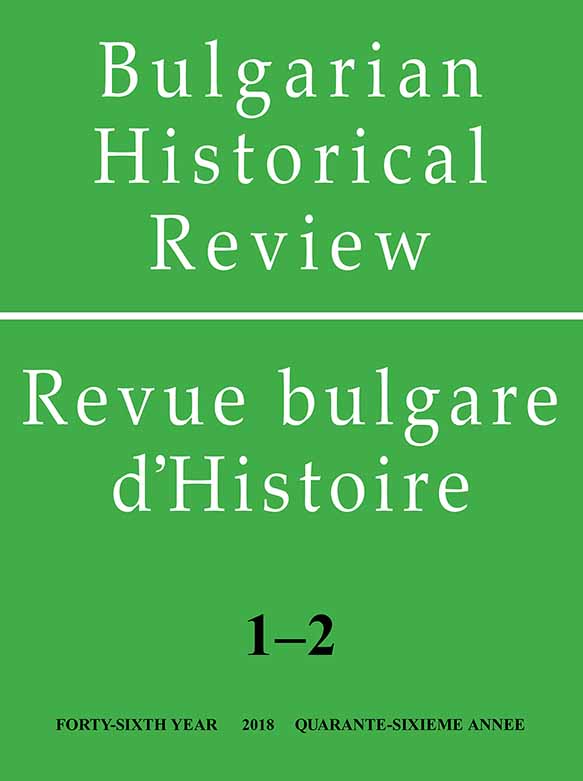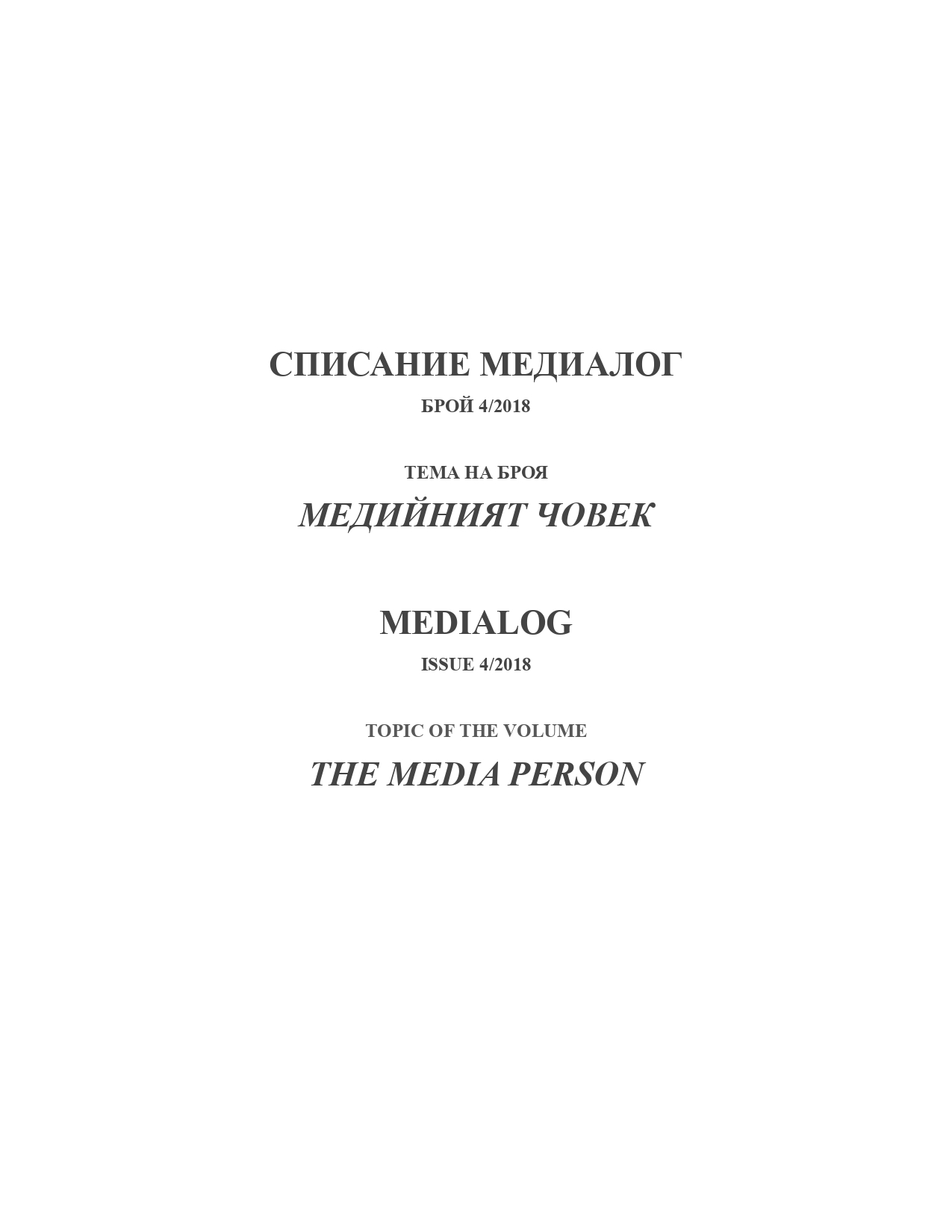
We kindly inform you that, as long as the subject affiliation of our 300.000+ articles is in progress, you might get unsufficient or no results on your third level or second level search. In this case, please broaden your search criteria.








The loss of independence, and then the collapse of the national uprisings against Russia (1831, 1863) forced many Poles to emigrate. Many former military in emigration began working as engineers. A major center of the Polish immigration was the Ottoman Empire and the Polish engineers contributed to the modernization of the state. Some of them worked in Bulgarian lands, building telegraph lines, roads and railways. Several of them remained in Bulgaria after its liberation. Boleslav Anz served as Principal Engineer of Bulgarian railways and Sabin Halatkevich participated in the expansion and completion of the Bulgarian railway network until his death in 1935.
More...
Оne of the most popular photos of Vasil Levski is claimed to have been taken in Koprivshtitsa. This opinion is based on the memorial testimony of Vasil Karaivanov – Levski’s cousin from Kalrovo and a participant in the revolutionary movement. This short article presents the result of an attempt some additional information to be found, which could confirm the credibility of Karaivanov’s opinion that one of the pictures of Levski was taken in Koprivshtitsa.
More...






Today, Bulgaria is both a political and a cultural member of Europe, while Korea forms a common areal with its neighbours, China and Japan. Throughout the centuries, however, both countries, located geographically on the road of intensive commercial and cultural exchange, experienced the impact of nomad peoples, like the Mongols and the Turks. This is why today we can find many similar elements in the culture of Korea and that of Bulgaria, which are the result of the centuries-long thread connecting Koreans, Mongols, Turks and Bulgarians. One of these elements worthy of academic research is the deified Heaven known as tengri, which most probably lies at the core of the names Tangra in Bulgaria and Tangun in Korea. The Korean Tangun is only mentioned once in the work of the Buddhist monk Iryeon from the 13th century as a celestial son, founder of the first Korean kingdom – Ancient Joseon. The name Tangra was deciphered by some scholars in Bulgaria from a Turkish manuscript which did not survive to this day and a somewhat illegible writing on a stone pillar. Throughout the centuries, there have been no traces in either country of people worshipping Tangun or Tangra. There is no historical, archaeological or ritual evidence supporting the existence of a religious cult of the two deities. However, in modern times, in both Korea and Bulgaria, Tangun and Tangra have been brought to public attention as the symbols of an ancient proto-Korean and proto-Bulgarian religion, respectively. For patriotic reasons, the two peoples have brought Tangun and Tangra to the foreground in opposition to the official religion. The aim is to derive a monotheistic religion from one main proto-deity to equate (and why not to precede) the official religions (Christianity in Bulgaria, and Confucianism and Buddhism in Korea). This study investigates the construction of the image of Tangun as a supreme national symbol in Korea and draws a parallel with Bulgarian Tangrism. It focuses on the transformation of the image of Tangun in Korea from a deified mythological hero into a historical figure, through a large-scale, well-coordinated and well-funded state policy. While the cult of Tangra in Bulgaria is a source of national pride for some Bulgarians, it has not received the strong state support the cult of Tangun in Korea has.
More...
The article is dedicated to the study of language safety issues, determination and analysis of implementation level of linguistic provision of national security in the context of global information security. The author made scientific and terminological comments of “language safety” concept, looked through language safety provision in Azerbaijan and other countries from language tolerance viewpoint.
More...
In the following text we will present the reaction of the Bulgarian youths from the 1980s to three extraordinary and practically „new“ events for this period in our country, according to the archives of the Information and Sociological Center of the Central Committee of the Bulgarian Communist Party. We are examining the reaction of Bulgarian youths to the Revival Process, the Chernobyl accident and the AIDS virus, and our aim is to follow both youth’s views on current events and the behavior of the media and institutions – as a rule they function differently in one closed and authoritarian political system.
More...
The text presents the results from a research of professional periodicals dedicated to radio and radio journalism during the socialism period in Bulgaria. The research has following aims: to track the topics discussed by the professional community; to search the correlation between ideological and professional content; to ascertain to what extent the foreign experience penetrates into the radio related periodicals.
More...
Review of the book 'Governmentality of poverty. Hygiene and medicine in interwar years'. Sofia: Iztok-Zapad of Veronika Dimitrova (2018)
More...